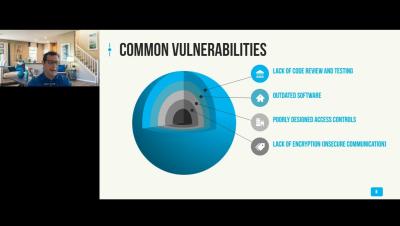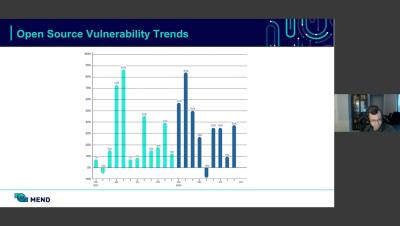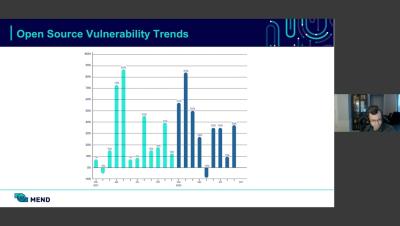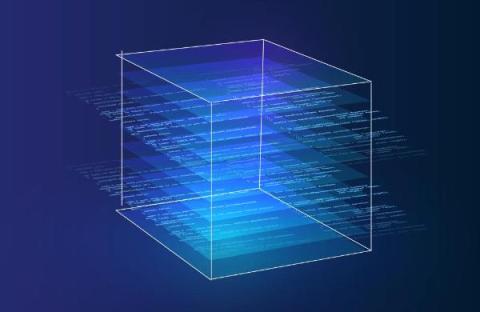Security | Threat Detection | Cyberattacks | DevSecOps | Compliance
Mend
Adversaries Are Using Automation. Software Vendors Must Catch Up
We won’t start yet another blog yammering about how bad the consequences of an attack are. There’s a lot on the line, including both financial and reputational losses. You get it. We get it. Cybercriminals definitely get it. Another thing cybercriminals get is automation. Attacks are up and their rise is expected to continue, in no small part due to the fact that attackers are using automation to scale their criminal enterprises.
Operationalizing DevSecOps Roundtable
Malicious Packages Special Report - Attacks Move Beyond Vulnerabilities
AWS and Mend.io Webinar: Five Principles of Modern Application Security Programs
How Supply Chain Attacks Work - And What You Can Do to Stop Them
The CISO's Guide to AppSec Innovation
Securing the Software Supply Chain: Key Findings From the Mend Open Source Risk Report
Communicating the Value of Your Company With SBOMs
A Software Bill of Materials (SBOM) is a detailed, machine-readable, nested list of all of the third-party components and their dependencies that compose a modern software product. SBOMs have particular importance in the health, finance, critical infrastructure, and military sectors, and in mergers and acquisitions, but all industries and applications can benefit from them. SBOMs have been around for over a decade but they’ve gained serious traction in the wake of the SolarWinds breach.
Software Supply Chain Security: The Basics and Four Critical Best Practices
Modern enterprise software is typically composed of some custom code and an increasing amount of third-party components, both closed and open source. These third-party components themselves very often get some of their functionality from other third-party components. The totality of all of the vendors and repositories from which these components (and their dependencies) come make up a large part of the software supply chain.










